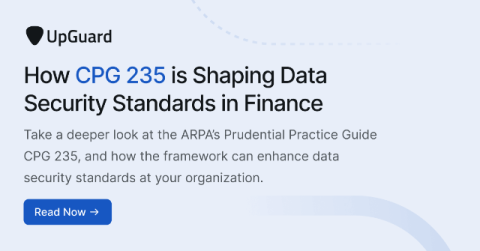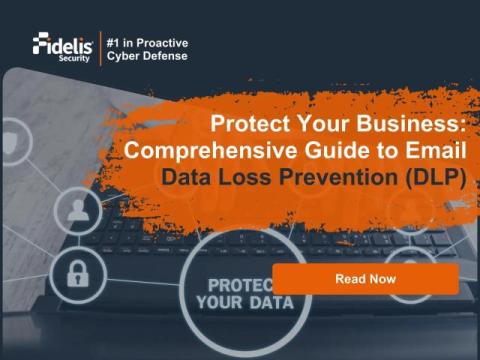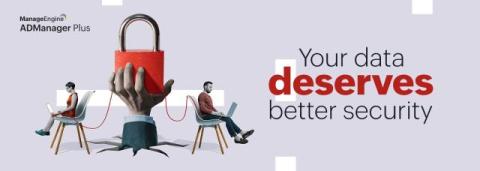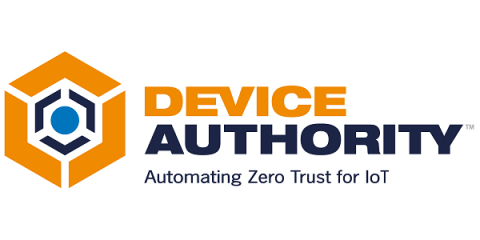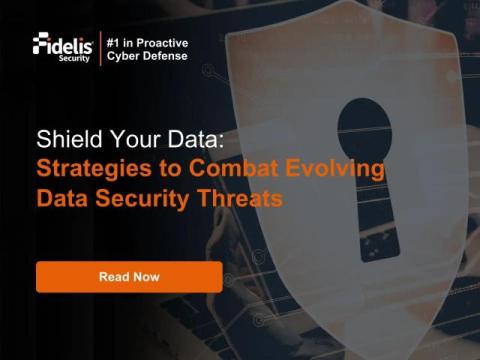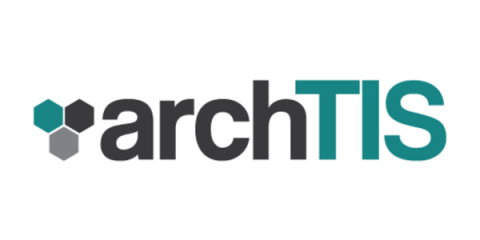The Benefits and Challenges of Decentralized Cloud Computing for Modern Companies
Cloud computing has changed the way companies process and store their data. It has allowed for more flexibility and has given companies the ability to access their data and conduct operations from remote locations. This has allowed companies to recruit and manage employees who live outside their office locations, giving them access to global talent while saving costs.



